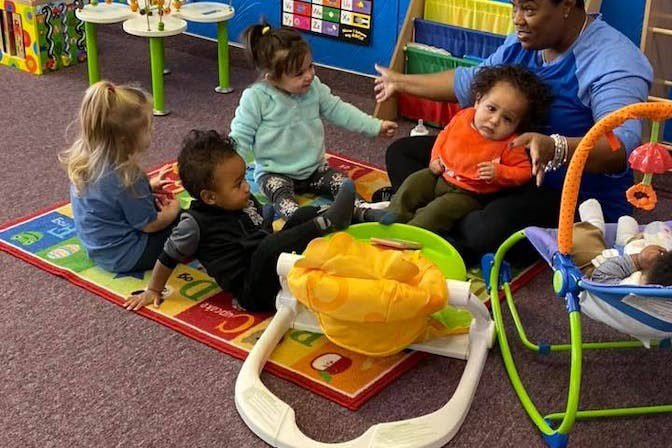All Work
Early Childhood Education
A Much-Needed Pre-K Primer
Failing to differentiate among early childhood programs results in misleading polls about support for pre-K.
Does Pre-K Work? The Research on Ten Early Childhood Programs—and What it Tells Us
Widely cited early childhood programs vary greatly in both design and results. The research on these programs shows neither that “pre-K works” not that it doesn’t; rather, it shows that some early childhood programs yield particular outcomes, sometimes, for some children.
Preschool for All is No Panacea, California
Instead of launching a costly and unproven program for 4-year-olds, California should invest in helping vulnerable, young children in the home and in child care.
Pre-K Isn’t Enough
While a year of pre-K can be helpful for many children, too often focus gets diverted from improving early learning for disadvantaged young children to promoting universal pre-K for all four-year-olds.
A Caution to Early Educators
It’s important to remember that getting money in the budget isn’t enough to realize the promise of early education. How early learning programs are designed and carried out is as important as whether they’re done at all.
Here Come the Child-Care Cops
Research shows that good preschool can be critical to young children’s development and is insufficiently accessible to poor and working-class families. But new federal grants are paying states to institutionalize a misguided conception of quality, repeating the same mistakes that the education establishment has been making in K-12 for decades.
A Pivotal Shift in the New Child Care and Development Block Grant
The most striking aspect of the newly-reauthorized federal childcare program is its pivotal shift from seeing child care solely as a babysitting service for working parents to recognizing it, too, as a crucial opportunity for young children’s early development and learning.








